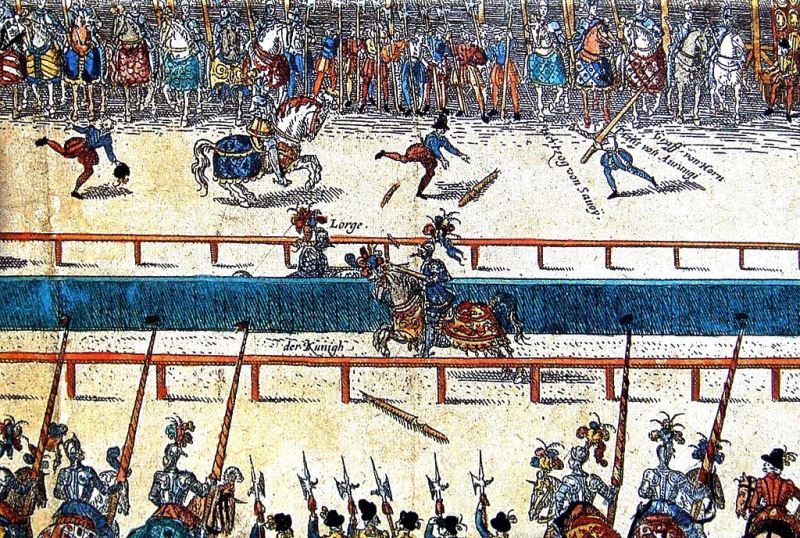In that part of the day that briefly follows night,
before the turning finds the steady lying line
from where the biggest star will mount and will get bright,
I turn me inside out and start to lift my spine.
In that part where the day does start, there are no words,
and the mystique of primal mist floats through the air,
the pace, it feels divine, and sounds are from the birds
while I open my arms, to life my dreams declare.
For one day is a chance to take another breath,
to follow, the moving, that is in nature’s being,
the strife of rise and fall, the aim of birth and death,
the game that we must play but with the rules of living.
And should I miss one day the magic of the Dawn,
I would tread in dusk, long before the sun had gone.
Pierre Sotér is the pen name of a Portuguese engineer with a Ph.D. in environmental hydraulics. After thirty years of international activity in engineering, he now dedicates his time to poetry, philosophy and photography. Pierre Sotér writes in English and Portuguese.
















A very nice piece, evoking the mysterious atmosphere of dawn and its implications to a hopeful soul, with a well-turned and slightly unexpected ending.
Line 4 is a little odd and hard to visualize in context… and line 5 does not need the awkwardness of ‘day does start’ just to fit the meter; the flow can be successfully maintained even with one less syllable, as line 8 proves.
I enjoyed the vicarious experience of hushed anticipation and it has refreshed my day.
Thank you for the kind appreciation of my poem. If there will be a revised version, I will take your comments into account.
A refreshing piece whose metrical imperfections and inelegencies of phrasing only serve to enhance interest, at least to these eyes. I do not know what the first two lines are talking about, but that is not a problem for me. Far too often, people who profess to being poets will write blatently obvious statements in the simplest metre imaginable, either iambic tetra metre or pentameter or the same with trochies, and these sorts of poems put me to sleep most of the time. Yours is far more interesting and, I would also say, far more poetic. Anyone can say “God is good”, that’s not poetry, and it’s also incredibly boring. True poetry is creative in what it says and how it says it, and your poem server as a nice example of what I’m talking about. Well done.
I can only be grateful for your words. Thank you.
In the first line I intended to say Dawn. In the second I’m trying to describe the horizon, always still, that the turning of the earth brings to light, at Dawn.
I must confess that this poem is simultaneously a source of pleasure and trouble for me. I’m still working on it. Your comments, as the previous one, have been very useful.
Yes, I came to understand what those lines were saying after I had written my first comments and thought some more, but the point I was trying to make stands: the somewhat tortured language your poem employs in places is a great source of its appeal to me. It has given birth to beautiful lines such as “I turn me inside out and start to lift my spine.” and “to life my dreams declare”. I still can’t figure out what “to life my dreams declare” means, but please don’t change it– its ambiguous meaning is very interesting and it is a beautiful phrase. I love how the first line’s metrical pattern is unstressed unstressed stressed unstressed unstressed stressed unstressed stressed unstressed stressed unstressed stressed (a pattern that reoccurs in lines 5, 8, & 9). Such creative metrical flows built around the basic pattern of iambic alexandrines add another layer of enticing flavor to the piece.
Wonderfully evocative poem. I am just back from a holiday in Portugal, at Faro in fact. While there I discovered the poetry of their national poet, Camoes, who is magnificent, and these lines remind me of some of his wonderful lyrics. There is a kind of hidden, emotional logic beneath the surface that just seems to bubble forth whether one has fully understood or not. Well done – I really like this piece.
Your words are an important stimulus to continue writing, hopefully within my limits.
Thank you.
A lovely reflective poem.
Thank you